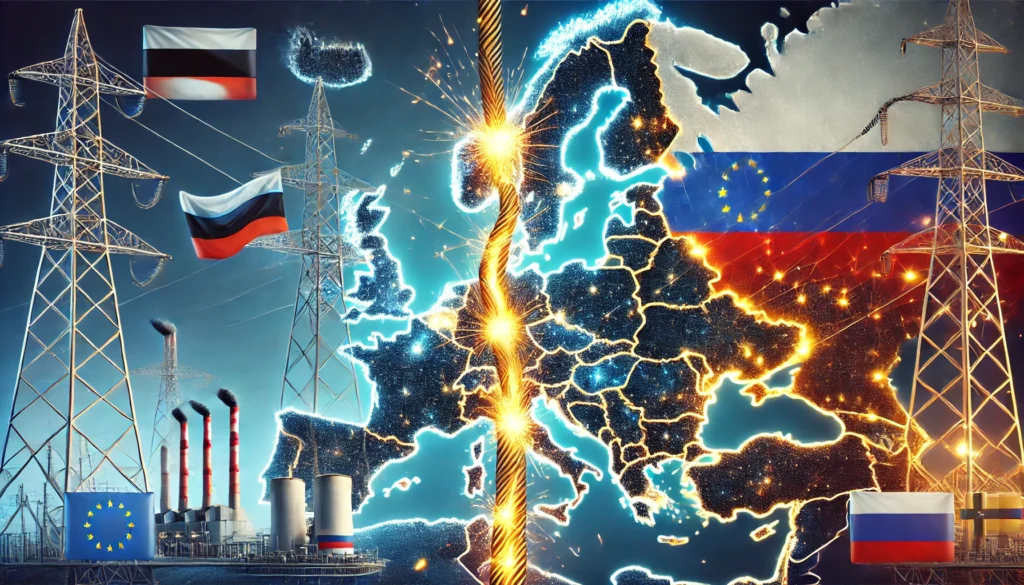In a historic break with energy dependency, the three Baltic states—Estonia, Latvia, and Lithuania—have formally disengaged themselves from Russia’s BRELL electricity grid and began integrating their electrical networks with those of the European Union. As announced by grid operators for all three countries at the break of Saturday morning, this move stands as a pivotal step toward moving away from dependency on Moscow to strengthen energy security.
A Strategic Move Against Russian Influence
The decision to sever ties with BRELL, also comprising Belarus, is a measure of increasing pressure over Russia’s geopolitical policies and the use of energy as a tool for leverage. Lithuanian Energy Minister Zygimantas Vaiciunas said it was an important step:
“We are now removing Russia’s ability to use the electricity system as a tool of geopolitical blackmail.”
For the next 24 hours, the three nations will operate in “isolated mode” before synchronizing with the EU grid via Poland on Sunday. “It is essential for us to test the stability of our systems during this transition period,” Rokas Masiulis, head of Lithuania’s state-run grid operator Litgrid, said.
A Long-Held Plan Quickened by Geopolitics
The effort to connect the electricity systems of the Baltic states with Europe has been under way for years, but it took on urgency with:
- Russia’s annexation of Crimea in 2014 raised concerns about Moscow’s imperial ambitions.
- Russia’s invasion of Ukraine in 2022 as it weaponized its energy exports, triggering a European energy crisis.
- Another recent incident of suspected sabotage in the Baltic Sea, targeting power and gas infrastructure, draws attention to the risks of dependence on Russian-controlled energy systems.
The Baltic nations stopped purchasing Russian energy shortly after the Ukraine war began. However, their power grids were still physically connected to Russia and Belarus, and Moscow maintained control over the network. The switch to the EU grid ensures that they are no longer vulnerable to Russian influence in energy supply.
From Energy Island to EU Integration
Being part of the EU and NATO since 2004, the Baltic states have always been regarded as an energy island within the European block. Its dependency on energy infrastructure controlled by Moscow made this disconnection a strategic vulnerability in becoming fully absorbed into Europe.
Estonia, Latvia, and Lithuania are now solidly positioned on the same page as the EU in energy policies, making them more stable, resilient, and secure in electricity supply. It also supports Europe’s energy independence strategy by decreasing dependence on Russian-controlled sources of energy on the continent.
As the Baltic states synchronize with the EU grid, this historic decision is a statement of self-sufficiency and defiance against Russian geopolitical pressures and will definitely put them on the map of Europe’s energy framework.
Source: Al Jazeera and news agencies

